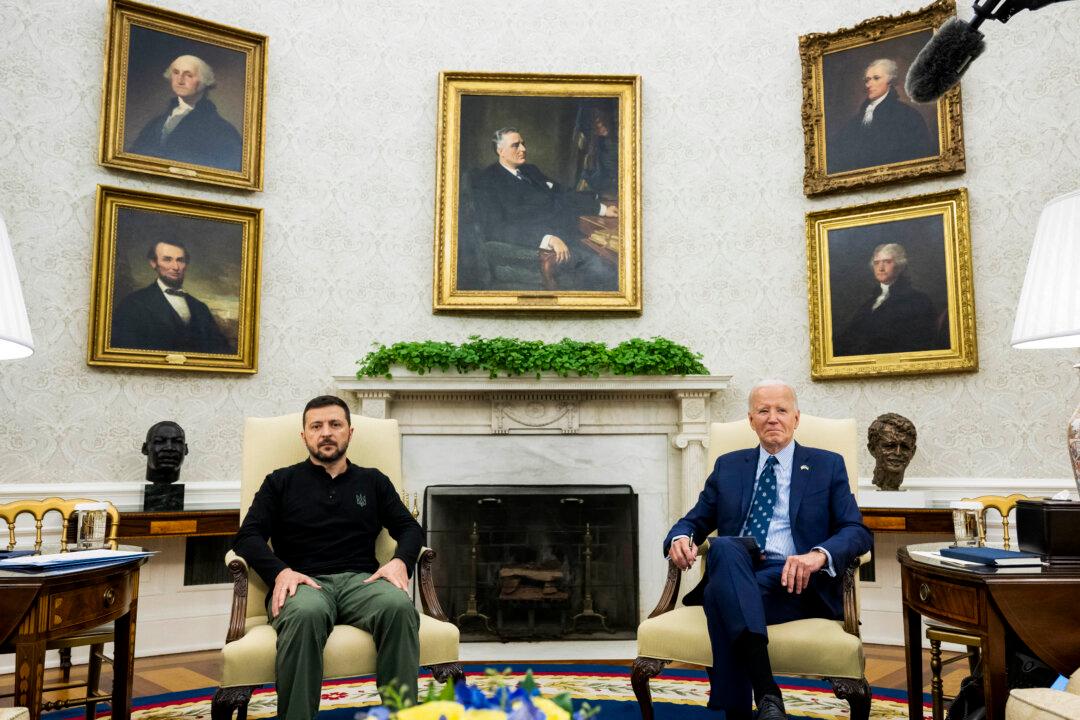The United States and its Group of Seven (G7) allies will provide Ukraine with $50 billion in loans funded by frozen Russian assets, the White House announced on Oct. 23.
Daleep Singh, the White House deputy national security adviser on international economics, confirmed that the United States will extend a $20 billion loan. The administration will seek congressional authorization and divide America’s share between supporting Kyiv’s economy and its military.





